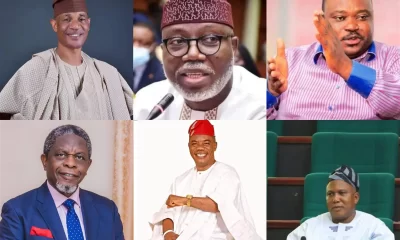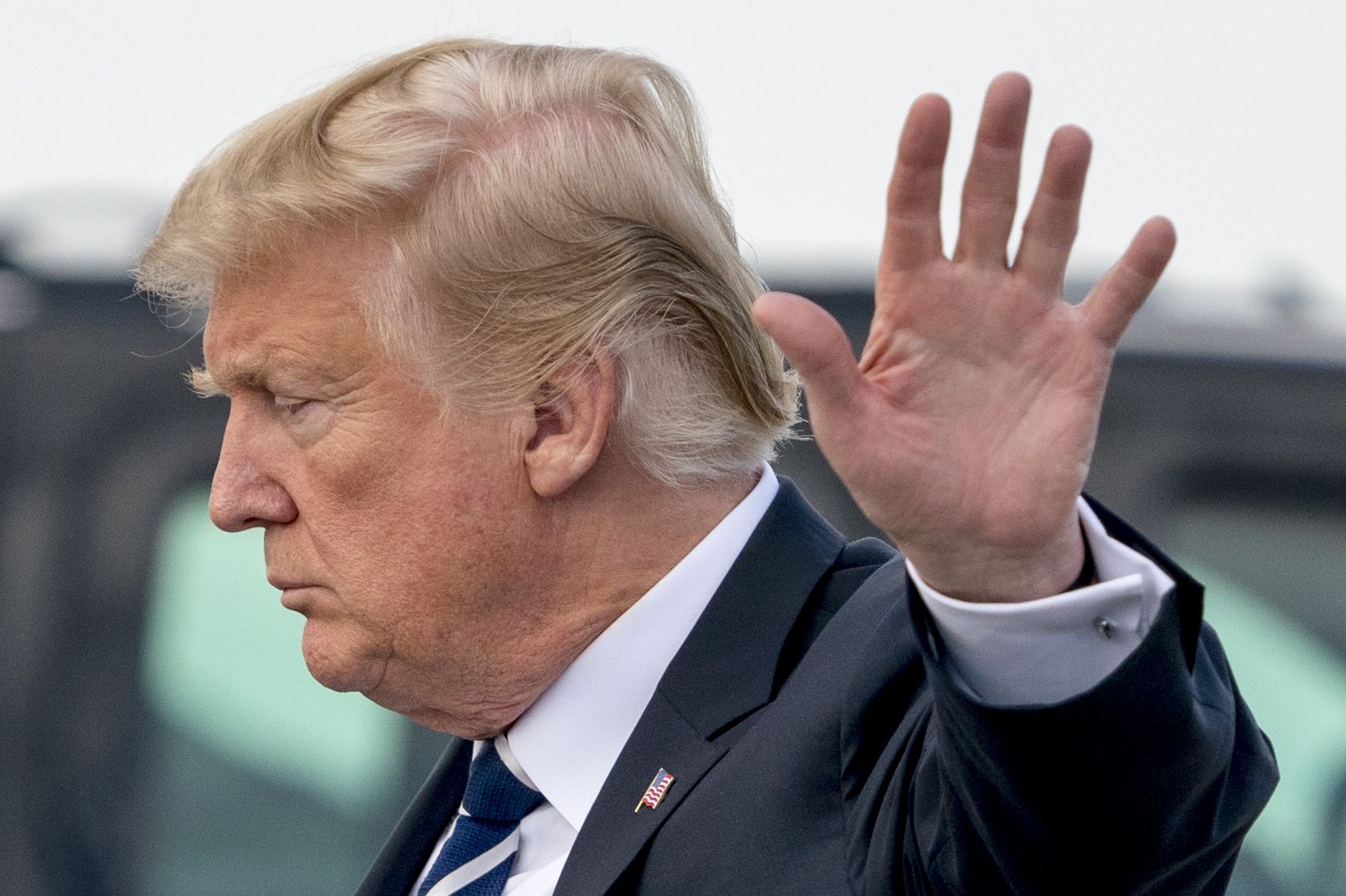President Donald Trump has sent a clear message to the economic policy makers gathering in Washington for the IMF and World Bank’s spring meetings, saying his trade wars aren’t finished yet and a weakening global economy will just have to deal with it.
With his latest threat to impose tariffs on $11 billion in imports from the European Union — from helicopters to Roquefort cheese — the U.S. president offered a vivid reminder that, even as he moves toward a deal with China to end their tariff wars, he has other relationships he’s eager to rewrite.
Should they materialize, the new tariffs will be in retaliation for what the U.S. has long claimed are illegal subsidies to Airbus SE and cap a 14-year fight between Boeing Co. and its European rival at the World Trade Organization. Importantly, the U.S. has said it will wait for the WTO, which has already deemed the subsidies illegal, to rule this summer on the exact amount of retaliation allowed.
That is potentially good news for the WTO and the broader system Trump has often said he wants to blow up. The Airbus-Boeing fight also predates Trump and it’s fair to say any U.S. administration would be willing to use WTO-sanctioned retaliatory tariffs.
“It’s a good sign,” Simon Lester, an associate director at the Washington-based Cato Institute, said in an interview. The Trump administration has been “sending some mixed signals about the World Trade Organization, but this action suggests they still value playing by the rules.”
But Trump has deeper issues with the EU. And that’s the problem hanging over the global economy, which the IMF predicts will grow this year at its slowest rate since the aftermath of the global financial crisis a decade earlier.
The two sides have kept a fragile truce since July when Jean-Claude Juncker, the European Commission president, and Trump agreed to launch talks on reducing industrial tariffs. The move put on hold Trump’s threat to impose separate tariffs on imports of cars and parts from the EU.
U.S. and Chinese officials are continuing their talks aimed at closing a deal within the next month. Next week, a Japanese delegation is due in Washington to begin negotiations over a bilateral deal with the U.S. that American companies and farmers are clamoring for to make up for Trump’s decision to pull out of the Trans-Pacific Partnership.
The threat of auto tariffs that could batter Japan’s economy has forced Tokyo back to the negotiation table. Their chief point man on trade, Toshimitsu Motegi has insisted that any deal must be mutually beneficial, suggesting that Japan won’t easily cave in. It’s unclear what the scope of the talks will be, after an agreement between Prime Minister Shinzo Abe and U.S. President Donald Trump in September referred to both goods and services.

 Health & Fitness3 days ago
Health & Fitness3 days ago
 Featured6 days ago
Featured6 days ago
 Education1 week ago
Education1 week ago
 Business1 week ago
Business1 week ago
 Aviation5 days ago
Aviation5 days ago
 Business6 days ago
Business6 days ago
 Crime1 week ago
Crime1 week ago
 News6 days ago
News6 days ago

